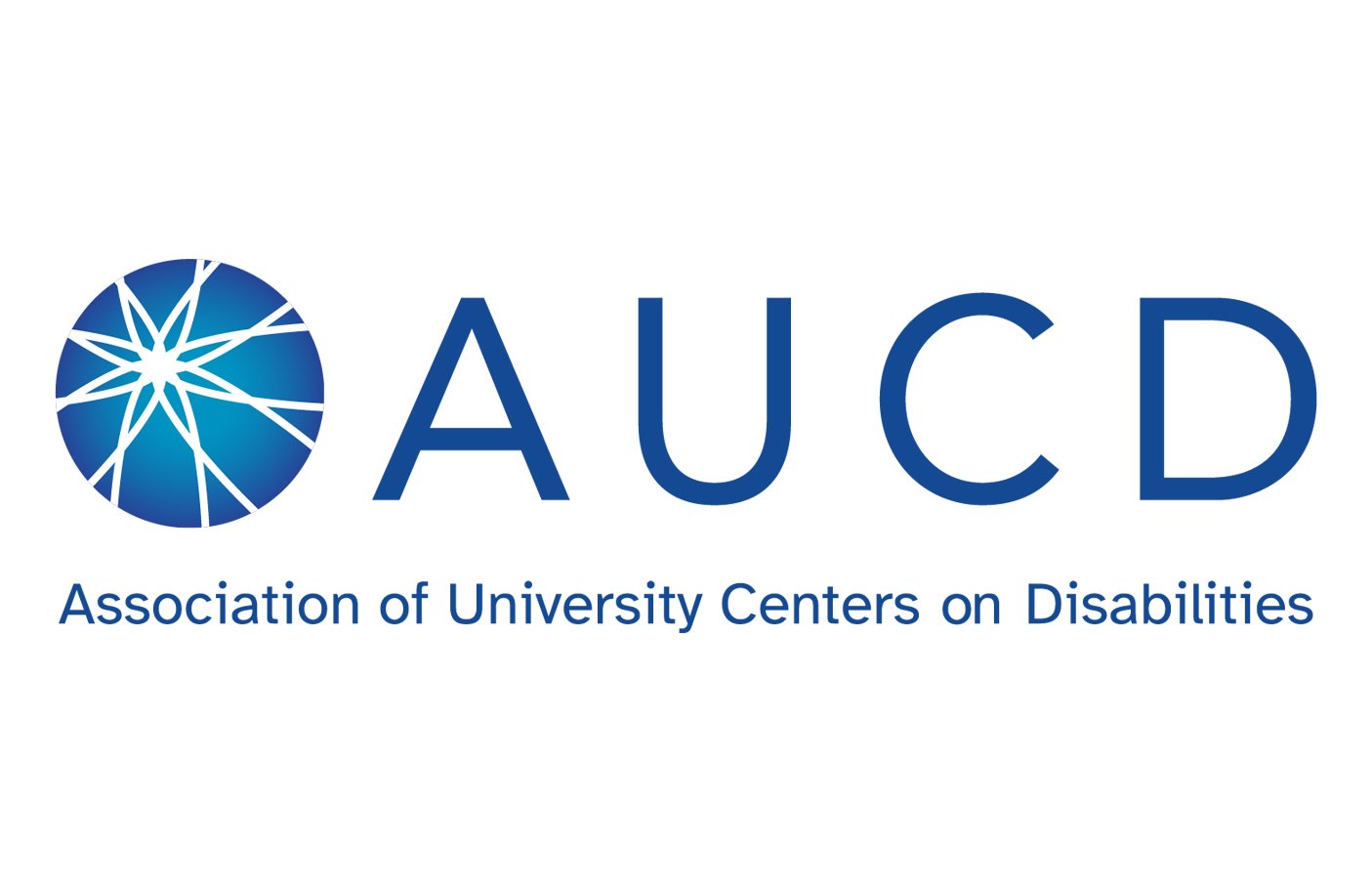SILVER SPRING, MD – The Association of University Centers on Disabilities (AUCD) is deeply concerned about the President’s budget. While the budget lacks detail, it makes clear there will be enormous, disastrous cuts to funding for programs that support people with disabilities. These programs produce valuable data and research, which, for years, have informed the roadmap that federal and state governments use to support and improve the lives of people with disabilities. Weakening and defunding them is an assault on the disability community.
The budget proposes massive, destructive changes at the U.S. Department of Health and Human Services (HHS), putting millions of lives at risk. While the budget does not detail the changes that might affect the Administration for Community Living and its programs, the scale of cuts is sure to affect them. The Administration’s plans to consolidate the NIH into five entities without input from the research community is alarming and reckless. This budget proposes cutting nearly 40 percent of the National Institutes of Health (NIH) funding, putting at risk funding for the Intellectual and Developmental Disabilities Research Centers (IDDRCs) in AUCD’s Network. IDDRC membership organizations are funded by NIH’s Eunice Kennedy Shriver National Institute of Child Health and Human Development to advance our understanding of the biological processes that contribute to brain health across the life span. In the absence of IDDRCs, there will be a gap in discoveries and technologies that have been essential for advancing healthcare for people with disabilities.
This budget would also take money away from special education funding, weakening the mechanisms in place protecting students with disabilities. The budget proposes consolidating seven Individuals with Disabilities Education Act (IDEA) programs into one block grant, a proposal that special education experts have long said would directly harm students with disabilities as critical rights and protections could disappear for both the students and their parents. IDEA funds essential programs to inform parents and train teachers, monitors states to make sure they’re complying with IDEA and enforces consequences for noncompliance, and more. Eight million children in the U.S. are now served under IDEA.
“This budget shows that the Administration does not care about people with disabilities and their families. Instead of investing in research institutions that advance healthy solutions to improve quality of life for people with disabilities, they propose to make enormous funding cuts. Instead of strengthening the oversight mechanisms that attend to the welfare of students with disabilities, the Administration proposes to rip resources away from schools, teachers, and students,” said Lillie Heigl, AUCD’s Senior Policy Advisor. “Slashing funding will not make America healthier or better enable students to thrive—it will threaten years of progress for people with disabilities. Congress should not take up this budget or follow its proposed blueprint.”
Plain Language
The Administration announced the President’s budget for 2026. The President’s budget is a suggestion to Congress for how they spend money in agencies and programs, including those that help people with disabilities. AUCD is worried about the budget that came out because even though there is a lot of information missing from it, it recommends huge funding cuts overall. One of the things it suggests is making huge cuts to the National Institutes of Health (NIH), which could affect research for Intellectual Disabilities. It also suggests funding changes to Special Education that would make it harder for students with disabilities and parents to make sure their rights under the Individuals with Disabilities Education Act (IDEA) are respected and the law is being followed. AUCD does not want Congress to follow this budget suggestion because it will be extremely harmful to people with disabilities in lots of ways.










